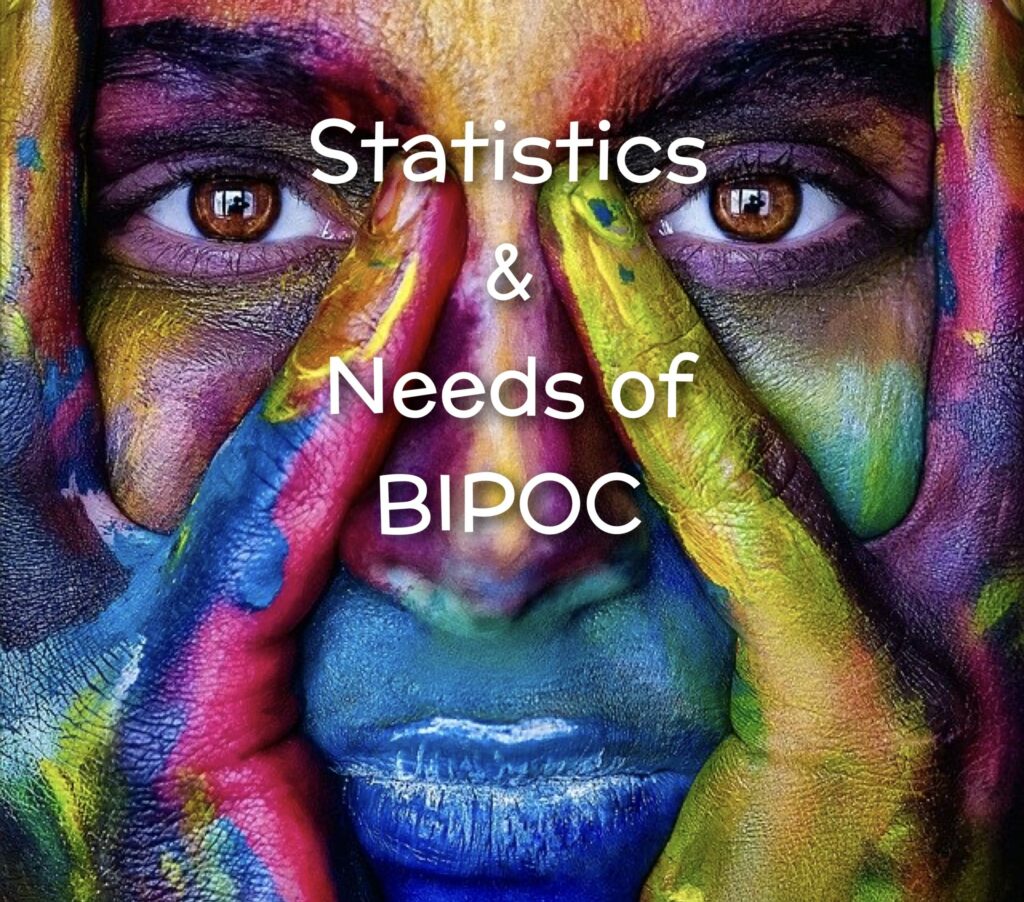
Mental Health and the Need for Online Communities
In recent years, mental health has become a significant concern due to the increasing number of cases of anxiety, depression, and other mental illnesses. As a result, the need for support systems and resources is more critical now than ever. Online communities have demonstrated the ability to empower individuals with mental health issues. Enthusiastically engaging in online communities has been shown to help individuals lead more meaningful lives, providing a platform for sharing experiences with mental health. Furthermore, online communities offer several benefits. Firstly, social support provided through such communities has positively affected mental health.
A study by communication technology researchers shows that the access and advantage garnered through social capital have far-reaching psychological implications, including feelings of greater support, improved mental and physical health, and access to
help. In addition, online communities offer a wide range of mental health resources, from mental health mobile applications to telehealth consultations with psychologists and psychiatrists. Furthermore, individuals with mental health needs report valuing support from online communities. Online communities can also provide a safe space for individuals dealing with mental health disorders who are unable to seek physical help.It is essential to highlight that online communities do not substitute professional mental health care. However, they do play an essential role in supplementing and supporting it. Another key benefit of online communities is enabling individuals to find others with similar experiences.
This sense of community can be remarkably empowering, as individuals feel seen and heard when they connect with others who understand their struggles. All in all, online communities have proven to be a valuable resource for mental health support systems. Therefore, we must encourage more individuals to participate in such communities, particularly those who may feel too isolated or overwhelmed to seek help. Online communities have become an essential tool in improving mental health. While concerns over uncivil behavior may occur in such communities, moderation can ensure healthy discussions and protect individuals from abusive or bullying behavior. It is high time that mental health professionals recognize the benefits of online communities and actively promote their use as supplementary support. In conclusion, online communities offer an effective means of improving mental health.
From providing social support to offering a wealth of mental health resources, online communities have positively impacted the mental and emotional well-being of individuals dealing with various mental health conditions. With the growing concern for mental health issues, we must leverage these online communities to support individuals who are struggling with their emotional and psychological well-being. Therefore, mental health professionals must continue to explore and expand the use of online communities as supplementary means for improving mental health.
Online communities can support mental health in tangible ways by fostering a sense of community, empowering individuals, and providing access to information and resources.
It is time for us to recognize the immense value of online communities in promoting mental health, and we must work together to encourage more people to participate in these communities. Previous research has highlighted the significant benefits of online communities, particularly in providing emotional support and empowering those seeking mental health advice. Moreover, digital health has emphasized the importance of social influencers in breaking down barriers between professionals and non-professionals in mental health support communities. Furthermore, these communities offer a place for individuals to find support and resources and can also help combat the stigma associated with mental health. As such, we must remove the barriers preventing individuals from seeking help and improve access to online communities to promote mental health. By embracing these online communities and working to make them safer spaces for discussion, we can revolutionize how mental health support is provided worldwide. In conclusion, it is evident from various studies and research that online communities improve mental health. As individuals, mental health professionals, and society as a whole, we must continue to support and promote the use of online communities for improving mental health.
By recognizing their value and advocating for their use, we can create a world where mental health support is easily accessible to all who need it.
Azadi Health offers 75+ moderated online peer support groups, 24-7 text-based coaching, and access to teletherapy with therapists trained in cultural humility.
About the Author:
Rodney Bell is the Co-Founder and CEO of Azadi Health.



Responses